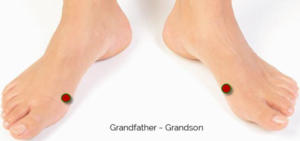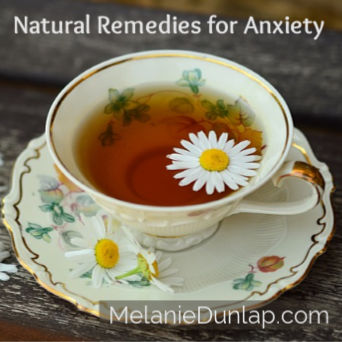Stress can affect our lives in many ways. When the level of stress goes beyond the point of being a healthy stimulant and starts to adversely affect our health it is often times referred to as anxiety.
Anxiety is a combination of symptoms that occur either in attacks (panic) or as a persistent state. Anxiety can be described in the following terms:
- An emotional state clouded with the experience of fear.
- An unpleasant emotion that may be accompanied by a feeling of impending doom.
- A feeling directed towards the future, associated with a perceived threat of some kind.
- An experience of bodily discomfort and actual bodily disturbance.
There may be no recognizable basis for the fear or feeling of threat, but the actual stimulus may be completely out of proportion to the emotion it provokes. Nevertheless, the symptoms it provokes are very real.
Anxiety attacks are reoccurring bouts of anxiety that occur unpredictably. They start with a sudden, intense apprehension, often combined with a feeling of impending doom and sometimes with feelings of unreality. Any of the symptoms often associated with stress, may be present. A fear of loss of control often develops, so that the person experiencing the attack becomes afraid of situations or people. Click here to read the blog about my own panic attack.
Symptoms of Stress | |||
| Cognitive | Emotional | Behavioral | Physical |
| ~Memory problems ~Inability to concentrate ~Poor judgment ~Seeing only the negative ~Anxious, racing thoughts ~Constant worrying | ~Moodiness ~Irritability or short temper ~Agitation, inability to relax ~Feeling overwhelmed ~Sense of loneliness and isolation ~Depression or general unhappiness | ~Eating more or less ~Sleeping too much or too little ~Isolating yourself from others ~Procrastinating, neglecting responsibilities ~Relied use of drugs or alcohol to relax ~Nervous habits | ~Aches and pains ~Diarrhea or constipation ~Nausea, dizziness ~Loss of sex drive ~Frequent colds or other illnesses |
Herbs
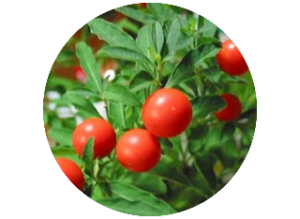
Ashwagandha
Ashwagandha, also an adaptogen, can significantly reduce the symptoms of anxiety, and has been shown to improve cortisol levels by resetting adrenal-associated stress, overall reducing your predisposition to anxiety. It can be taken before bed to help with sleep, including when worry is keeping you awake.
Chamomile
Chamomile is traditionally used for and is approved in European countries in which herbal medicine use is the norm, and it was shown in a 2012 study to be very effective at relieving anxiety and daily stress and improving mood.
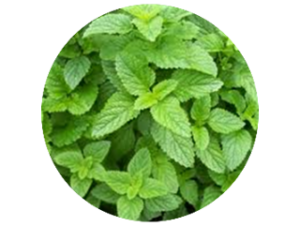
Lemon Balm
Traditionally called “the gladdening herb,” lemon balm has been used in western Europe in herbalism for hundreds of years — to brighten the spirit. It increases a sense of calm and decreases anxiety
Motherwort
Motherwort, a bitter tasting herb, is a favorite go-to for anxious moments or when you feel overwhelmed and stressed out.
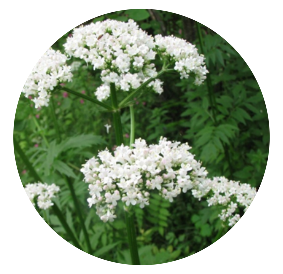
Valerian is used for restlessness, hysteria, emotional stress, pain, insomnia, depression and anxiety.
Acupressure
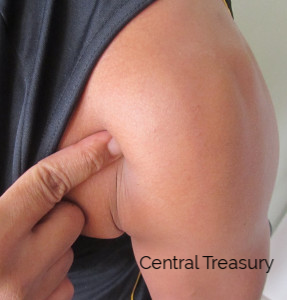
Central Treasury– This point is located two finger widths above the point where yours arms meet your chest. This point may be tender. Stimulating this point helps increase blood flow and balance the emotions.
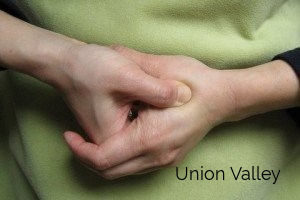
Union Valley– This point is located in the webbing between the thumb and the index finger. Apply pressure to the webbing area. Stimulating this point helps reduce muscle tension and relieve stress.
Grandfather-Grandson– This point is located at the side of the inside of the foot, three finger width behind the base of the big toe. Applying pressure at this point helps balance the circulation of energy throughout body and mind and helps in relieving the mind from worries and anxiety.
